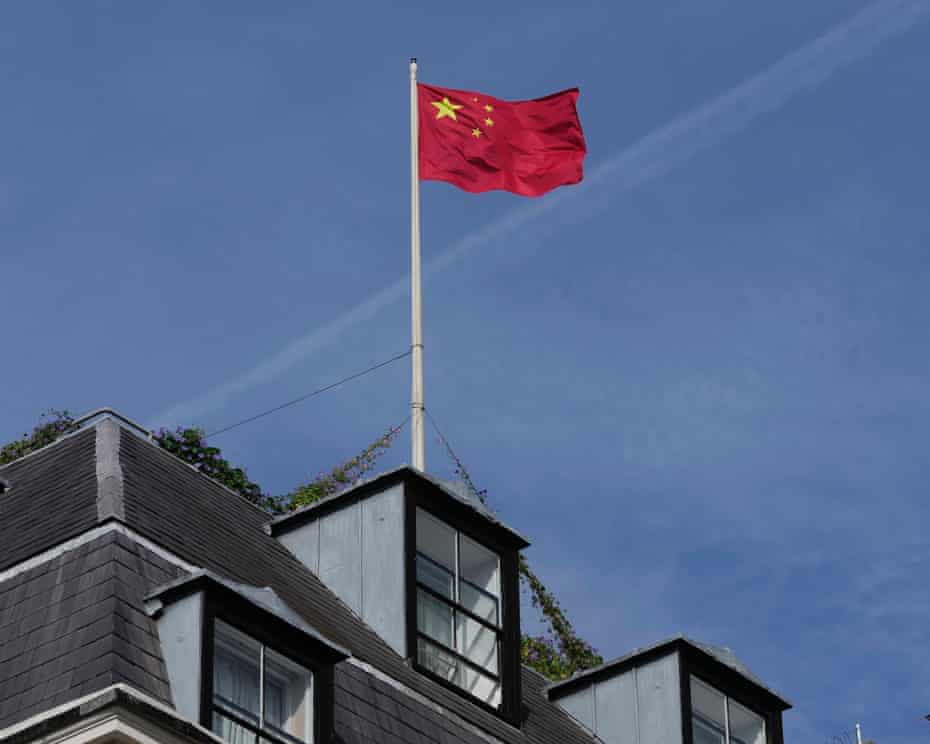By Eniola Amadu
A high-profile espionage case involving two men accused of spying for China has collapsed after the Crown Prosecution Service (CPS) was unable to secure evidence from the government confirming that China was considered a national security threat at the time of the alleged offences.
Christopher Cash, 30, a parliamentary researcher, and Christopher Berry, 33, a teacher, were charged under the Official Secrets Act.
Both men have denied the allegations. The decision to abandon the prosecution prompted criticism from ministers and MPs.
In a rare intervention, Director of Public Prosecutions (DPP) Stephen Parkinson explained that prosecutors had tried “over many months” to obtain further evidence from the government.
However, witness statements provided did not meet the required threshold to proceed with the case.
Parkinson said that while there had initially been sufficient evidence to charge the men in April 2024, a recent ruling in a separate spying case raised the evidential threshold for convictions under the Official Secrets Act.
The new interpretation required the state involved to have been officially designated “a threat to national security” at the time of the alleged offences.
“The case could no longer proceed to trial since the evidence no longer met the evidential test,” Mr Parkinson wrote in a letter to MPs, adding that he could not previously go into detail about the reasons for the collapse.
The DPP’s latest letter said he was taking the “unusual” step of clarifying matters publicly because “government briefings have been provided commenting on the evidential situation”.
Sir Keir Starmer said the current Labour government could only rely on the previous administration’s assessment of China, which described Beijing as an “epoch-defining challenge” but did not label it a threat to national security.
He emphasised that the government’s description “could not change retrospectively”.
Cash and Mr Berry were arrested in March 2023 following a counter-terror police investigation.
They were accused of gathering and sharing information “prejudicial to the safety and interests of the state” between December 2021 and February 2023.
Under the Official Secrets Act, espionage can only be prosecuted if the information passed was “useful to an enemy”.
A separate case earlier this year involving six Bulgarian nationals spying for Russia clarified that an “enemy” must be a country posing a threat to the UK’s national security at the time of the offence.
Parkinson said that based on this precedent, further evidence was required from the government to prove that China met that definition — evidence which was “not forthcoming”.
Former Attorney General and Chairman of the Intelligence and Security Committee, Dominic Grieve, told BBC Radio 4’s Today programme that it appeared “somebody just missed something”, saying that when the prosecution began, “there needed to be focus on whether China was going to be described as an enemy or not”.
He added that “it may matter less how you describe it in official government documents if you are prepared to put the evidence forward at a court case to explain why a country in fact constitutes an enemy status”.
Grieve referred to a 2023 committee report which stated that China had penetrated “every sector” of the UK economy, arguing that the findings left “no doubt that China’s activities are on such a scale against the United Kingdom that I would describe them as an enemy”.
Downing Street has rejected claims that the government withheld evidence or restricted witnesses. A Number 10 spokesperson said suggestions to that effect were “untrue”.



